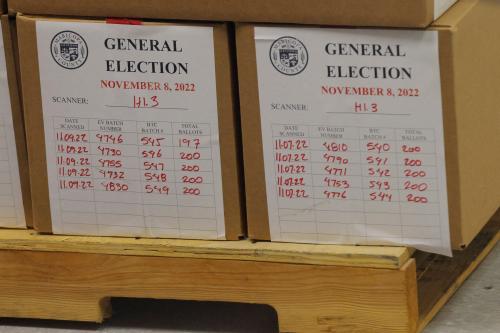Executive Summary
Large-scale antipoverty programs have achieved significant and positive results in many developing countries around the world in the past decade. This paper explores the challenges of “scaling up” small-scale antipoverty programs—taken here to mean the processes by which successful efforts to raise the incomes of the poorest citizens in developing counties are expanded in coverage over time and across geography. In particular, I advocate supplementing approaches that highlight resource and program constraints with an expanded focus on the political dynamics involved in expanding pro-poor policies. Thus, greater emphasis should be placed on understanding the political factors that limit the expansion and survivability of antipoverty programs. A broader view along these lines highlights the bargaining strength of beneficiaries, the need to secure public support, the potential for political misuse of antipoverty programs, and how institutional fragilities affect their sustainability. Antipoverty programs can be effectively scaled up if attention is paid to addressing these political and institutional challenges. An agenda for future research is also identified.



